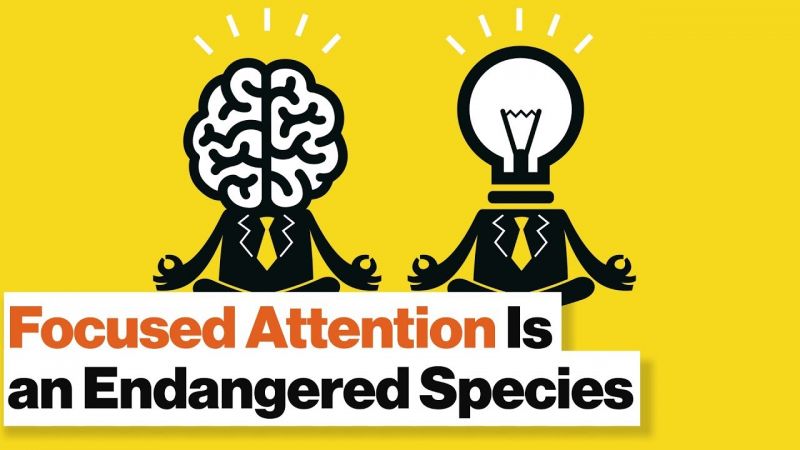How Mindfulness Affects the Brain
Just ten minutes of practice a day can have long lasting effects.
Escrito por Rachel Unger

01 Mindfulness is the practice of focusing non-judgmentally on the present moment through sustained moment-to-moment awareness.
02 Popular mindfulness exercises, such as yoga and meditation, can be powerful tools for alleviating conditions like anxiety, depression, insomnia and chronic pain.
By potentially altering our brain structure, mindfulness can help us regulate overwhelming thoughts, feelings and emotions.
The fight or flight system evolved as a mechanism for human survival, but when it’s constantly triggered, it can lead to heightened emotional stress and illness. Researchers have suggested through brain imaging techniques that sustained mindfulness practice may rewire our brains and change our reaction and relationship to our environment, which may lead to improved memory, attention, and quality of life.
Our brains are self-regulating, and they respond to potential threats when detected. Before you’ve determined whether that shadow on the trail up ahead is a boulder or a black bear, your brain is sending signals to your body that prepare you to fight back or flee. This emergency activation system is also ignited in modern day situations that aren’t life or death, like sitting in traffic.
When the brain perceives a threat, it sends information to the body to secrete stress hormones like cortisol and adrenaline. Negative thoughts activate our internal alarm system as well. In the short-term, this response has the potential to be life-saving. However, chronic stress floods our bloodstreams with these hormones, which takes a toll on our mental and physical health.
This is a period of prolonged stress and recurrent trauma with no clear end in sight, and it is easy to feel helpless. The good news is there are scientifically-backed ways to calm these responses. Mindfulness, the practice of focusing non-judgmentally on the present moment through sustained moment-to-moment awareness, can be a powerful tool for alleviating conditions like anxiety, depression, insomnia, and chronic pain.

Train Your Brain: Mindfulness Meditation for Anxiety, Depression, ADD & PTSD
The number of studies on mindfulness and its effects on the brain has increased in recent decades. By practicing at least three times a week for 10-20 minutes, you can experience the benefits for yourself.
Research has suggested that mindfulness meditation can measurably alter brain function and structure. Mindfulness practice positively impacts the areas of the brain associated with learning, memory, emotional regulation, empathy, compassion, perspective taking, and stress response.
One research team demonstrated alterations in the brains of meditators after eight weeks of meditating for an average of 30 minutes each day. Specifically, their findings suggested an increase in the concentration of gray matter in the areas of the brain identified with memory, empathy, and sense of self.
Mindfulness practice might also change the amygdala, which is an almond-shaped region within each hemisphere of the brain that evaluates our environmental circumstances and determines whether something is a threat or not. The amygdala is also involved with experiencing negative emotions, such as anxiety, fear, sadness, and aggression. The amygdala is responsible for firing the signals that activate our flight or fight system, and it helps with our emotional processing. Researchers have suggested there may be an association between mindfulness meditation and a reduction in gray matter in the right amygdala.
Our neurons can change how they communicate with each other due to a phenomenon called neuroplasticity. In other words, the brain can form new neural connections through experience. Both informal mindfulness practices and meditation-induced mindful states may enhance neurological activity.
Research has suggested that mindfulness meditation may have beneficial effects on memory, attention, and quality of life — important aspects of brain function in the COVID-19 pandemic. Although much more work is needed to corroborate these findings, it couldn’t hurt to try.
If you’re looking to experiment with mindfulness at home, check out the following free resources:
Sobre el autor
Rachel Unger is a writer and editor based in Washington, D.C. She's passionate about raising mental health awareness and promoting fairness in the workplace.
Apoya nuestro trabajo
Nuestra misión es cambiar la manera en que el mundo percibe la salud mental.



















